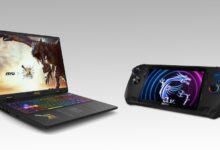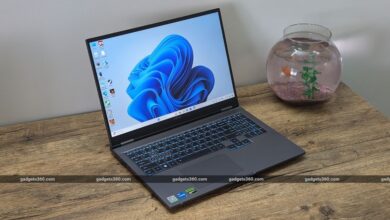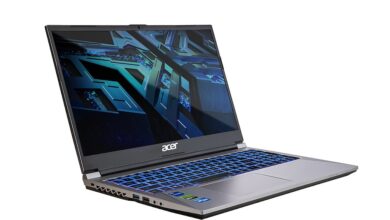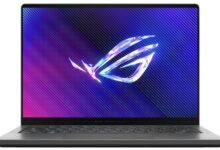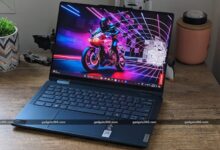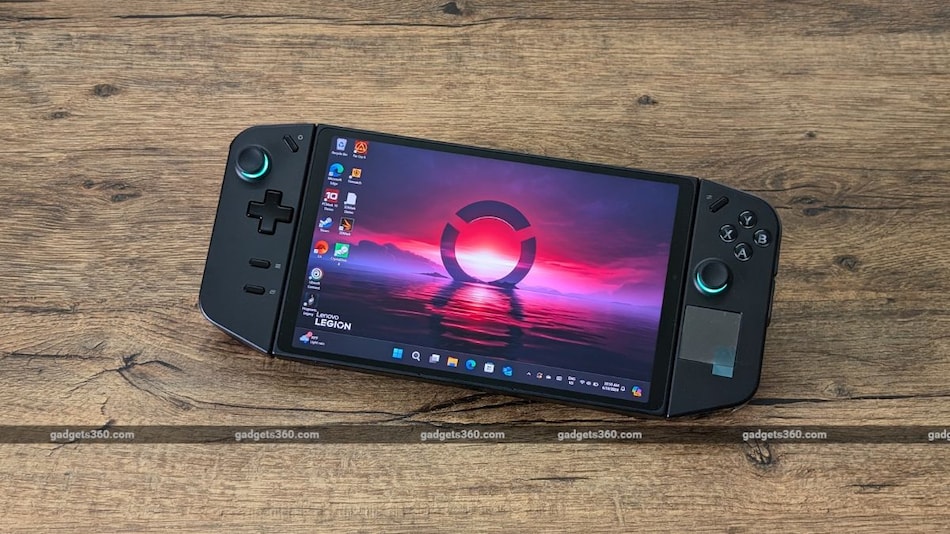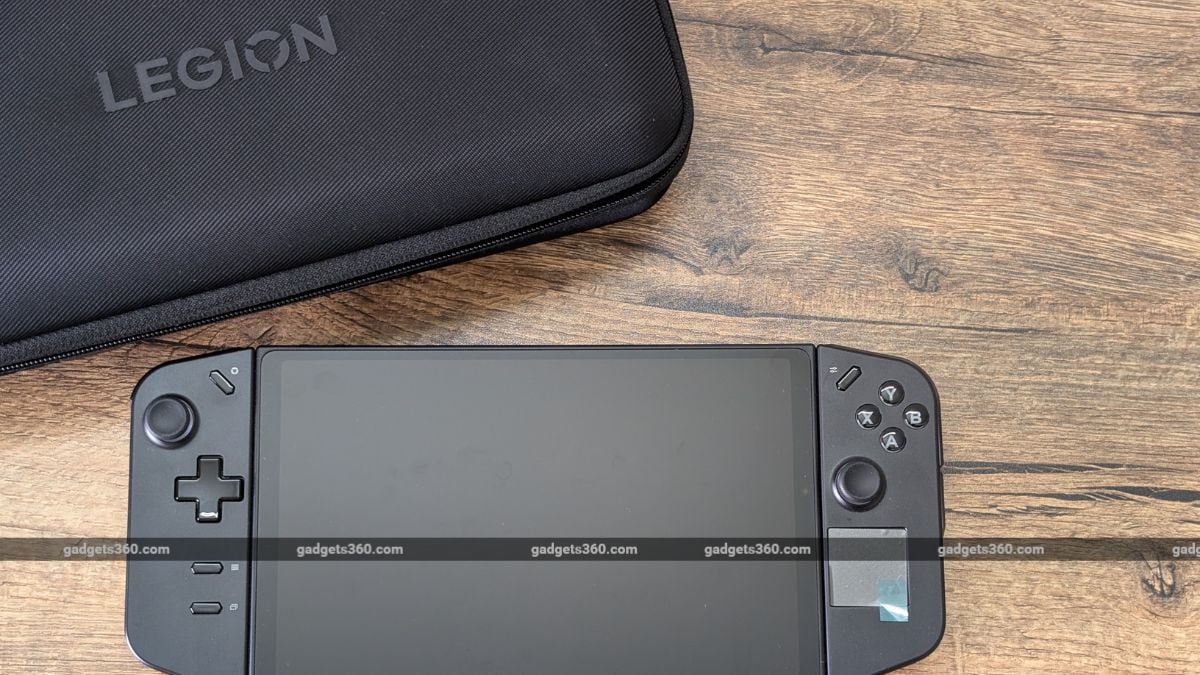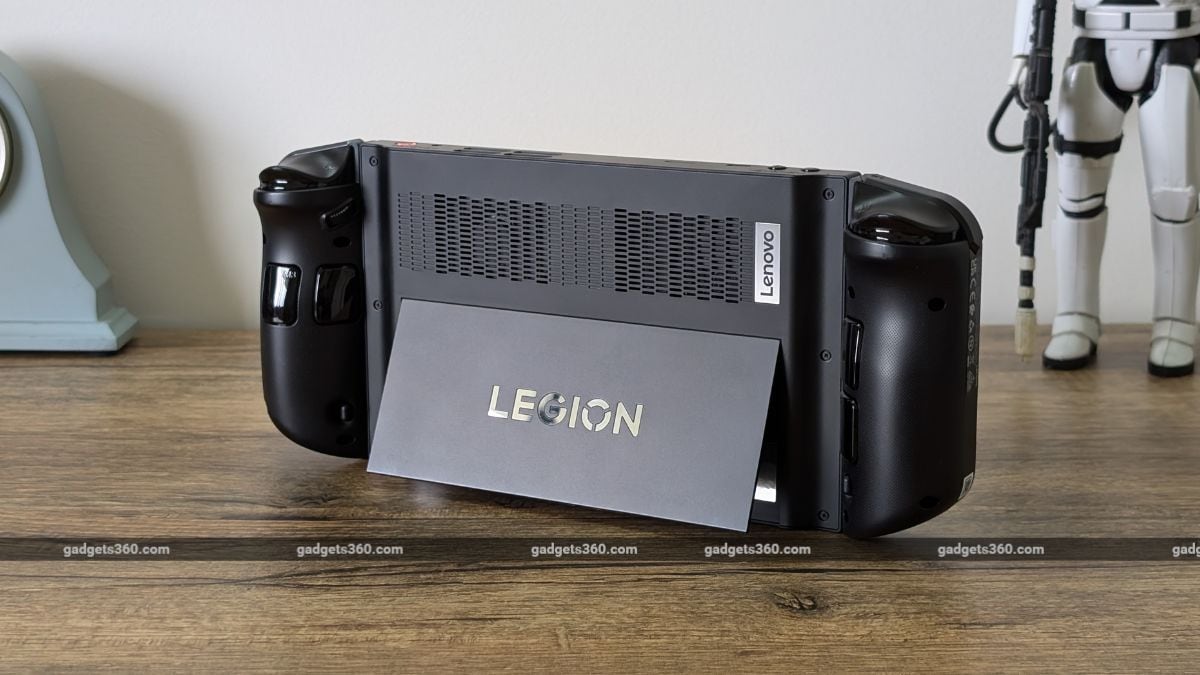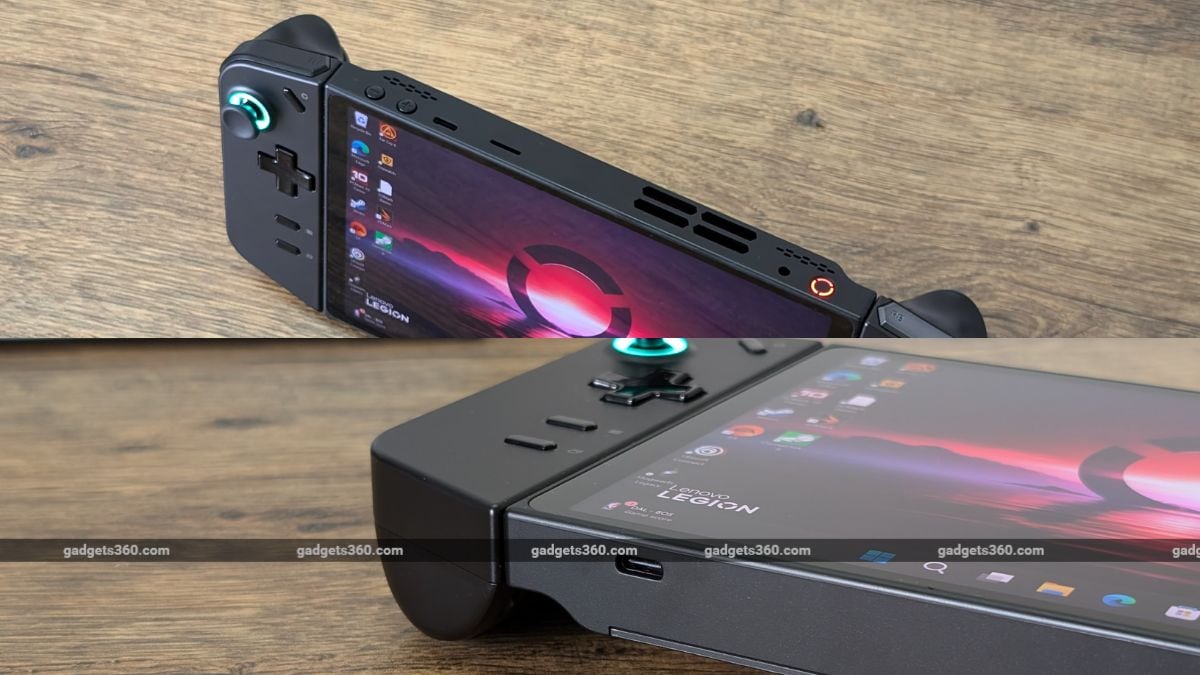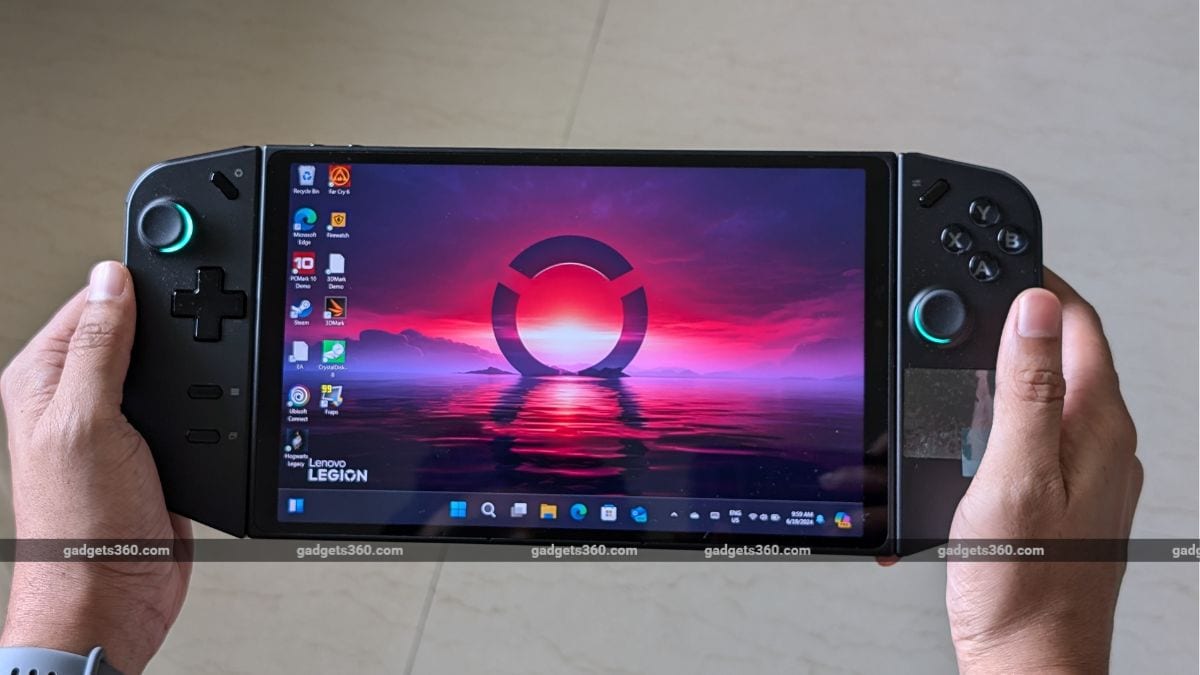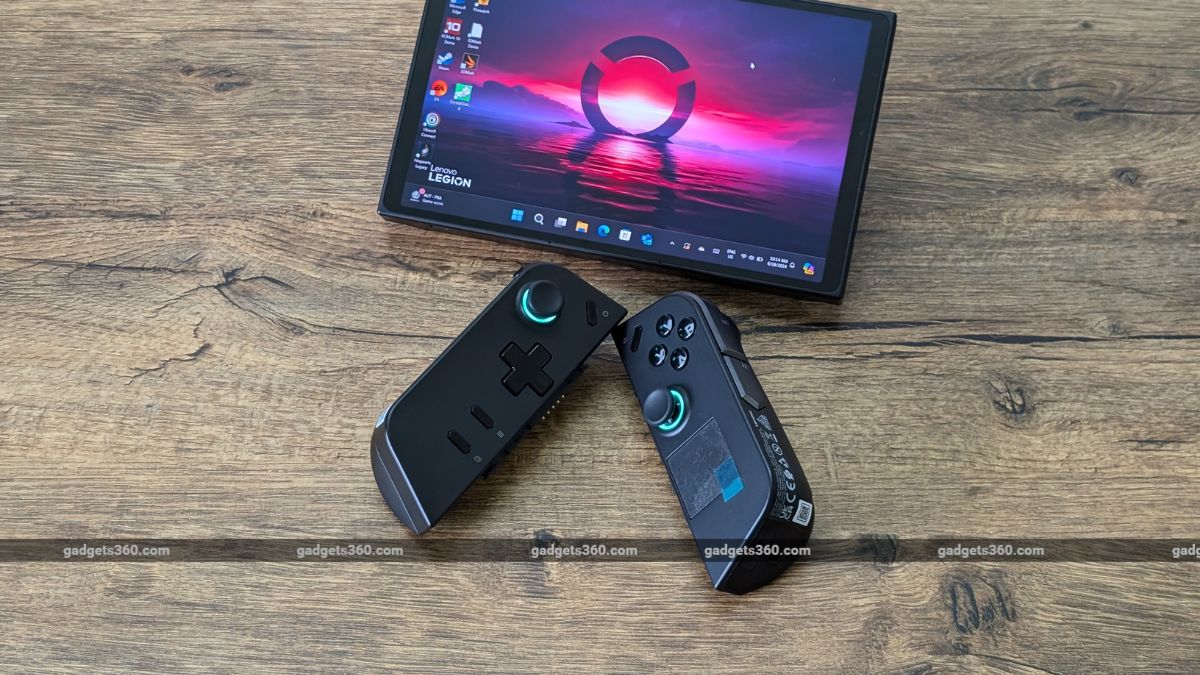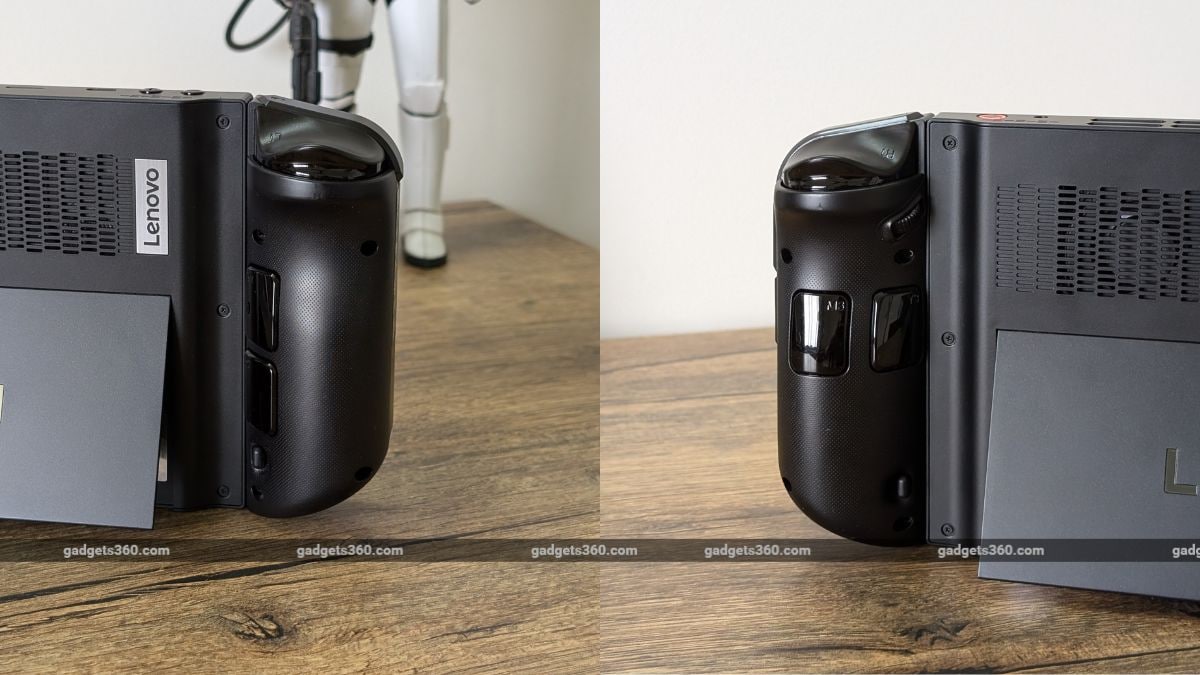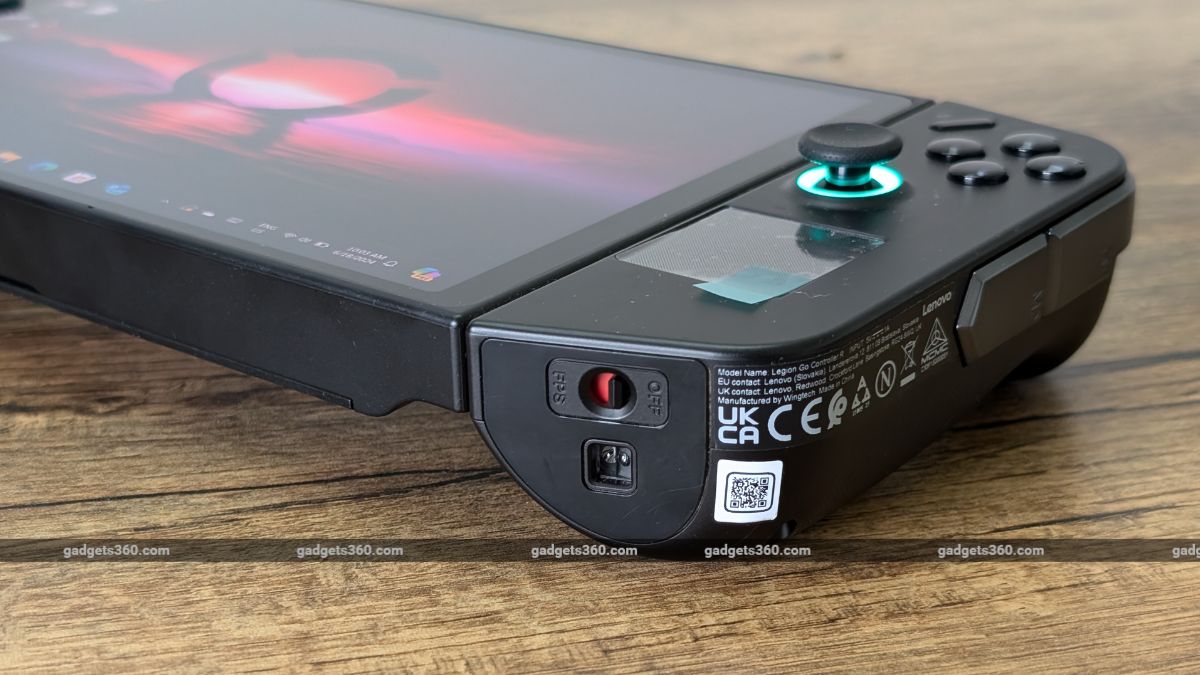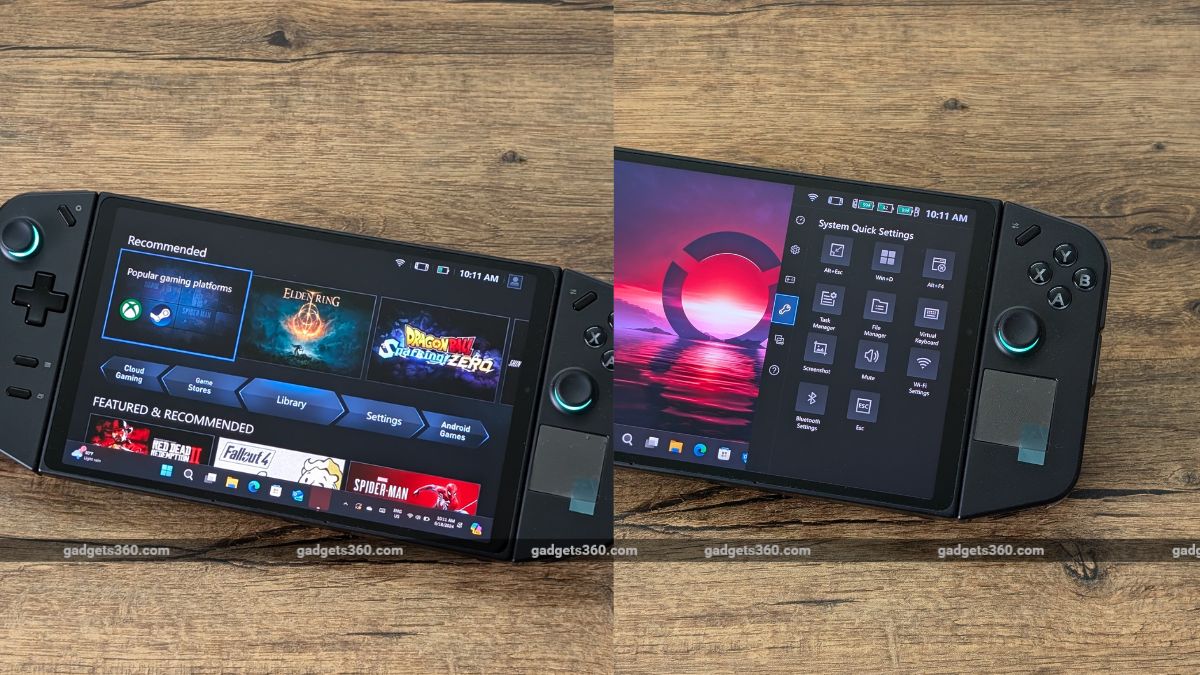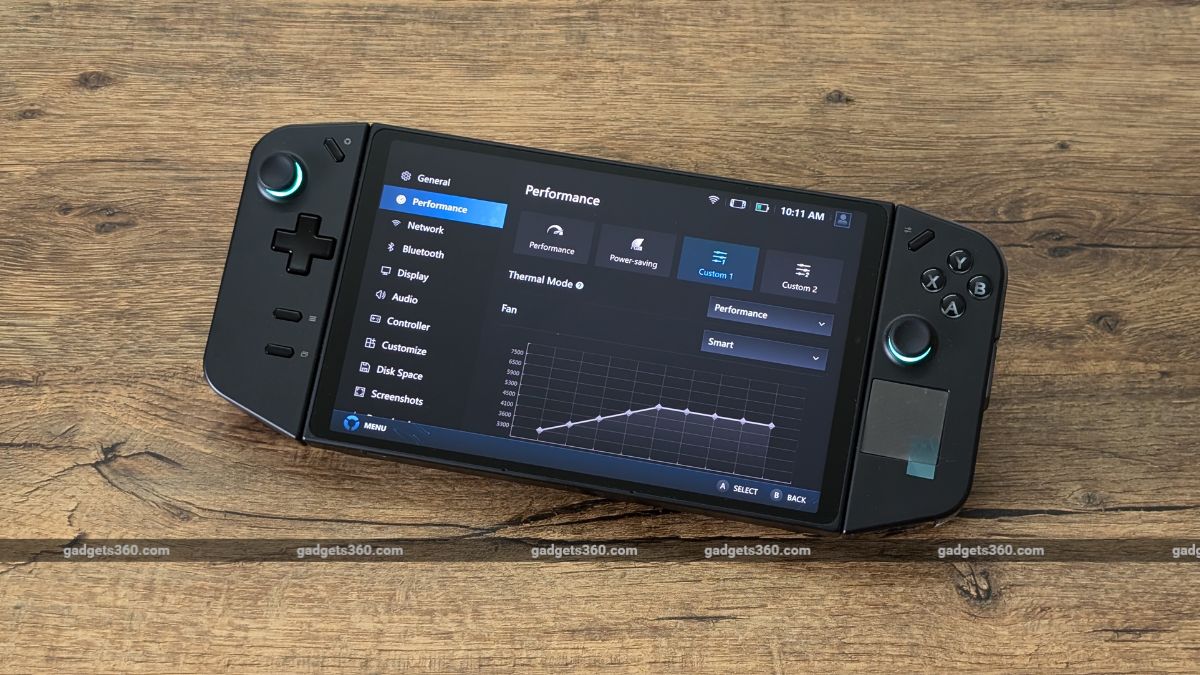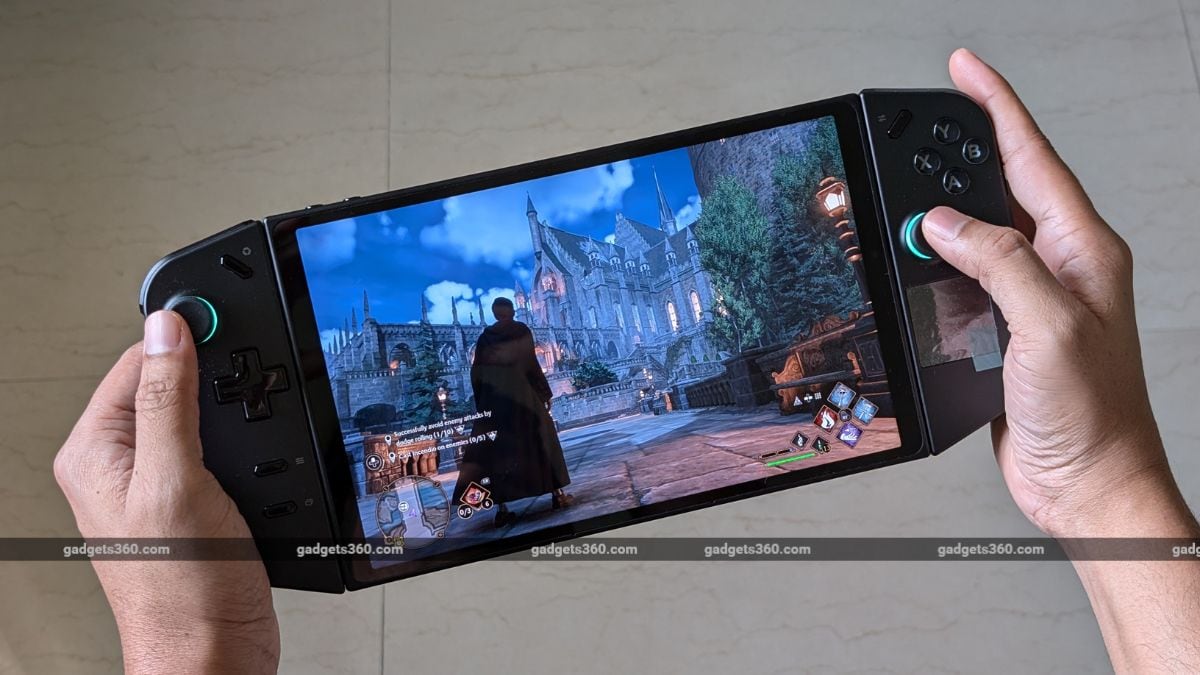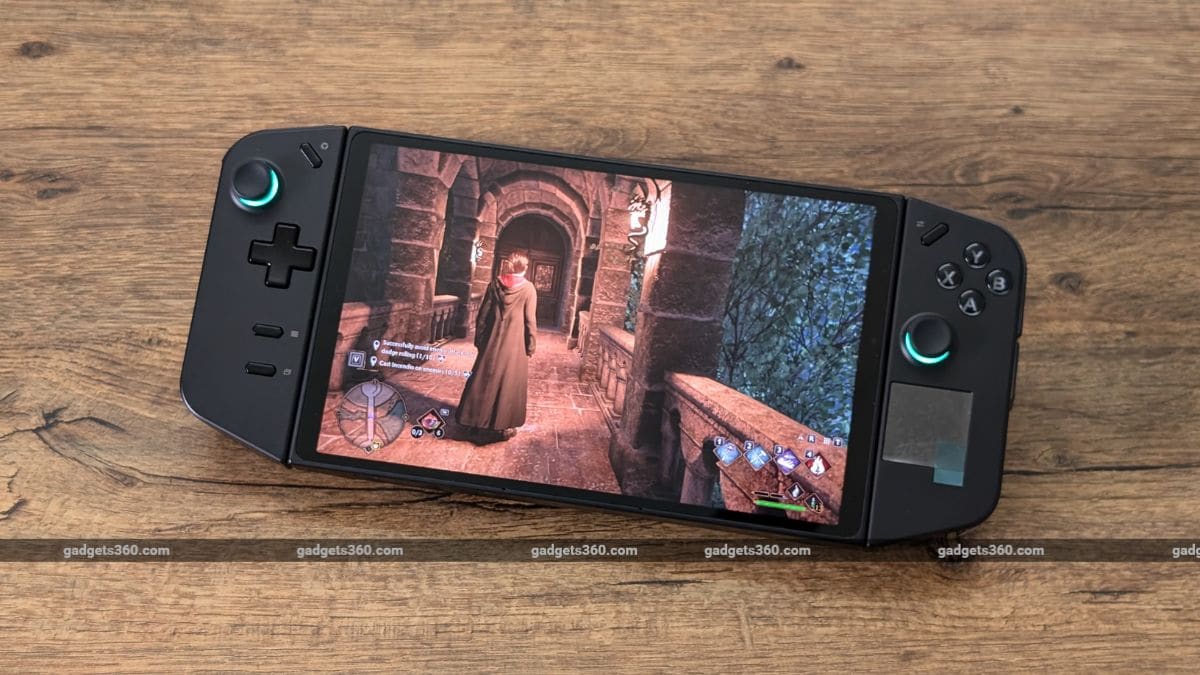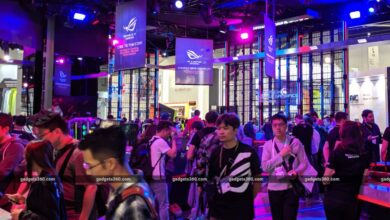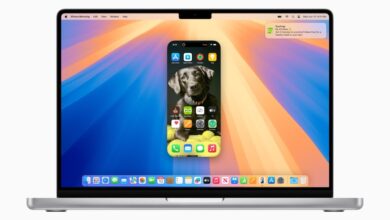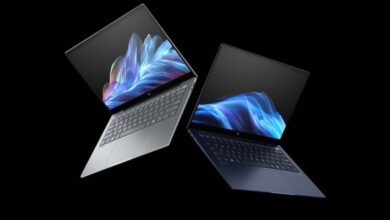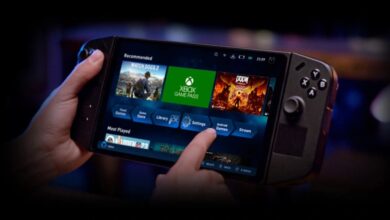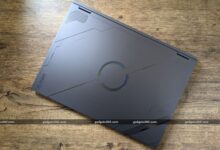It has the largest display in the segment, but is that enough?
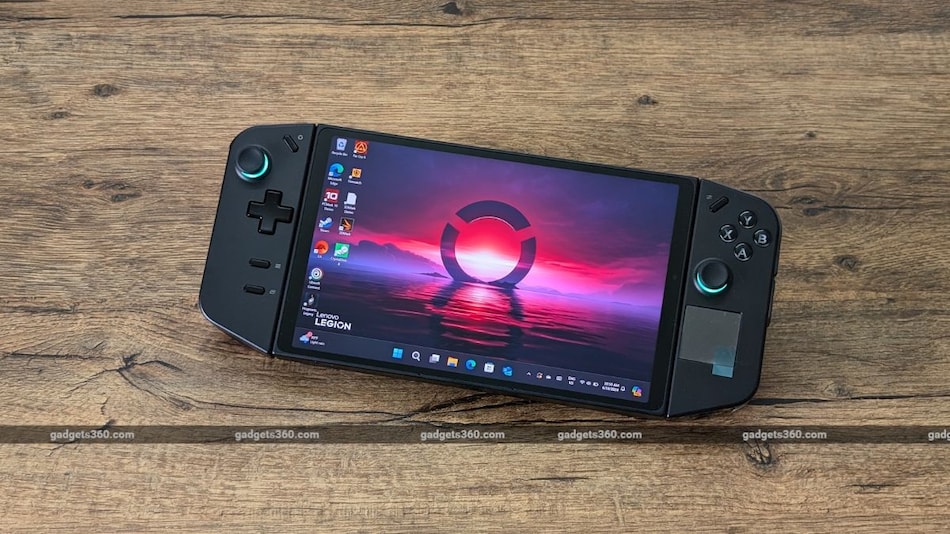
The Legion Go is priced at Rs. 89,990
The Windows handheld console race is starting to heat up . While there was technically no real market for handheld consoles even a year ago, we now have options from big players such as Asus, MSI, and Lenovo. Yes, you can get your hands on other handheld consoles online, like the Steam Deck OLED or Ayaneo, but these aren't available officially. You can only buy the Asus ROG Ally or the MSI Claw A1M without worrying about service and spares.
Now, you can also get your hands on the Lenovo Legion Go. It's the latest Windows handheld console to hit the Indian market and offers better features than the Asus and the MSI. Are these better features enough for you to buy the Legion Go? Can you play AAA titles? How long does the battery last? Is it more portable than a laptop? After spending about a week trying out the Legion Go, here's what I think.
Lenovo Legion Go price
The Lenovo Legion Go will be available starting July 1 for Rs. 89,990. You can only have it in a Shadow Black colour option, and only one variant (512GB SSD) is currently available . Luckily, the storage is upgradeable.
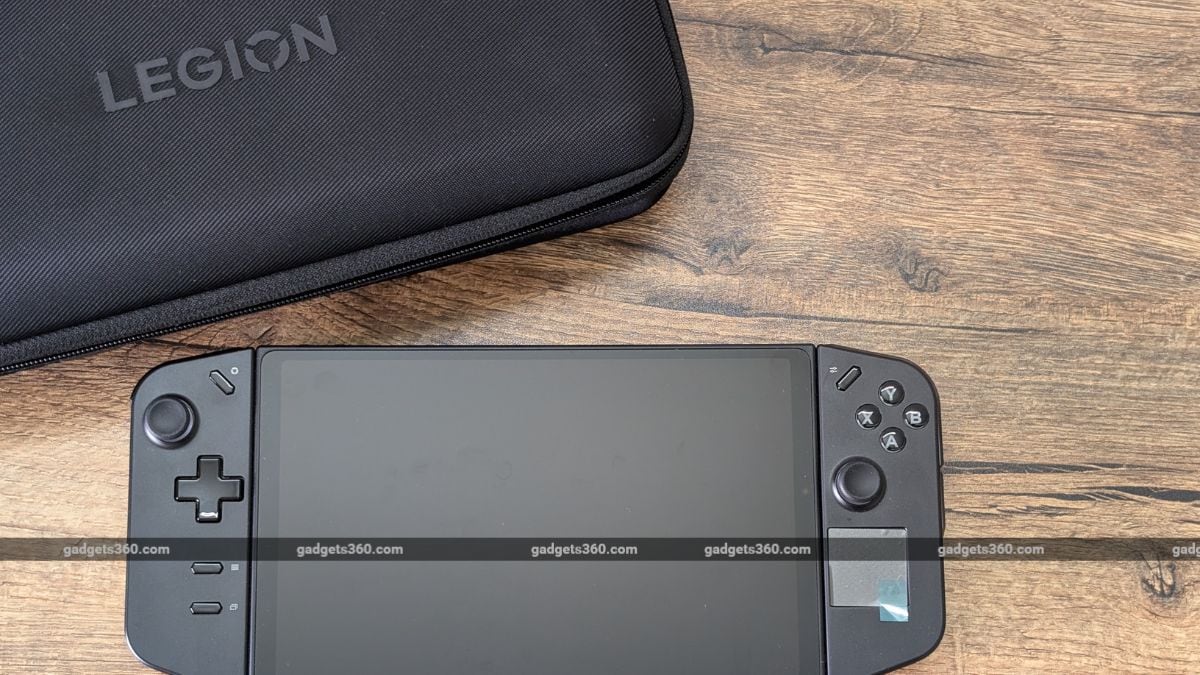
Lenovo provides a nice big carry case for the Legion Go, a 65W charger (you can't place it inside the carrying case), and a controller base.
Lenovo Legion Go Review: Design and display
The Legion Go is big and heavy (854g) for a handheld. Lenovo has tried to cram all kinds of features and controls onto the device. You get a nice big screen up front protected by Gorilla Glass 5 and controllers on either side of it. Thanks to the way the handheld is designed, you can use it in different ways. You could use it as a traditional handheld with the controllers attached. If you find it too heavy, which you will do after about half an hour of using it, you can detach the controllers, pop out the kickstand at the back and continue playing.
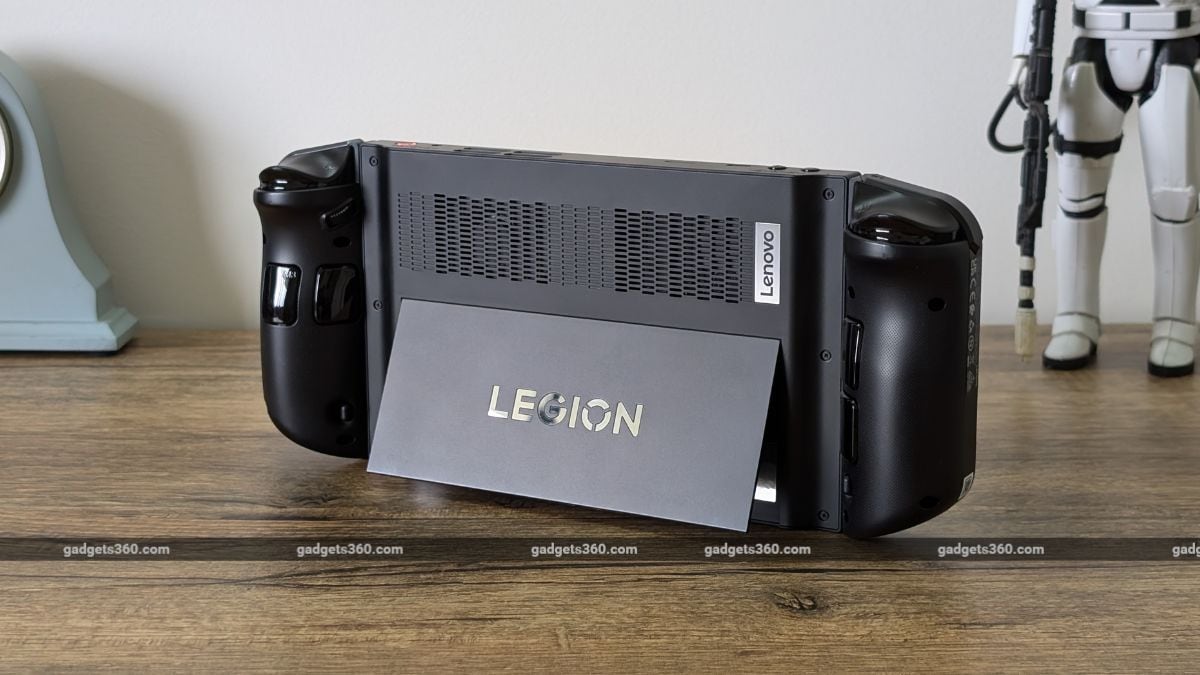
Detachable controllers are something you'll not find in the competition, and I'm thankful Lenovo thought of this. I'll talk more about the controllers in a bit.
The back houses the intake grille with the exhaust port at the top. You'll also find the Power button, a 3.5mm headphone port, a microSD card slot, a USB Type-C port, volume buttons, and dual speakers at the top.
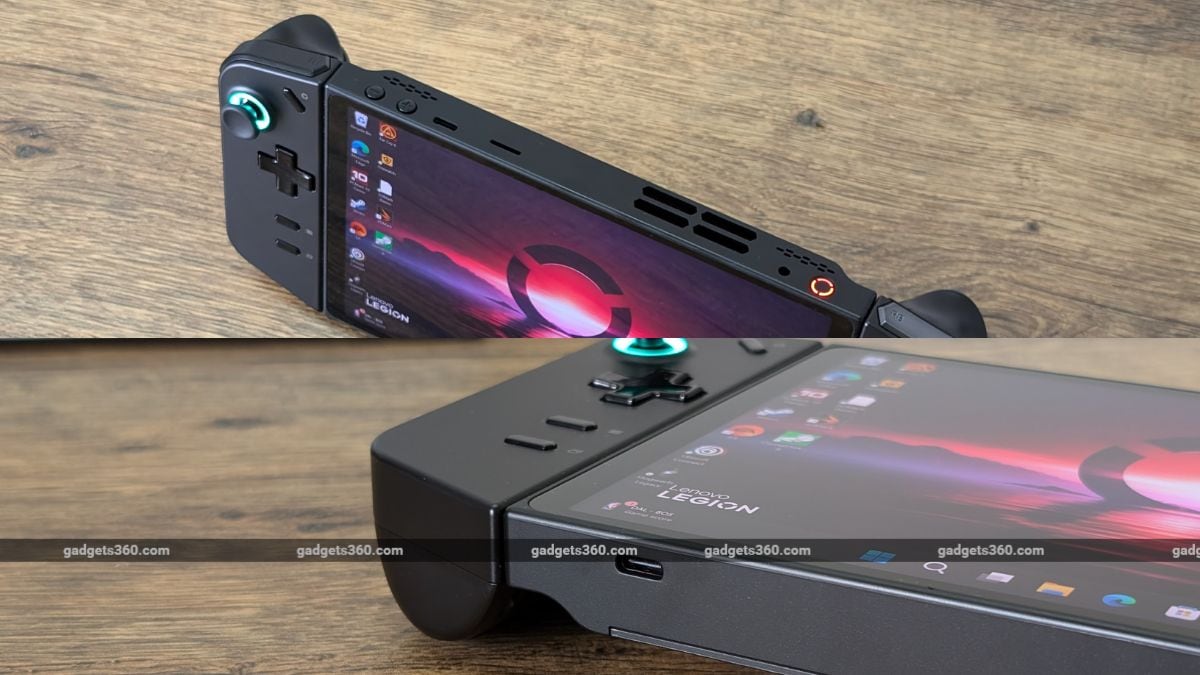
The bottom of the Legion Go has another USB Type-C port. The good thing about the handheld is that both USB Type-C ports are USB 4.0 and support Power Delivery 3.0 and DisplayPort 1.4. You can connect an eGPU or even a monitor and turn it into a desktop PC.
Let's talk about that big display. The Legion Go has the largest display in the segment. It gets an 8.8-inch QHD+ IPS display with a 144Hz refresh rate and 500 nits of brightness. The screen is plenty bright to play indoors. The display is vibrant, provides a great touch response rate, and is big enough to see what you're doing on Windows 11. Lenovo claims the panel also meets 97 percent of the DCI-P3 colour gamut. Gaming is smooth and enjoyable on the Legion Go, thanks to the 144Hz refresh rate. The glass covering the display is glossy and catches fingerprints easily.
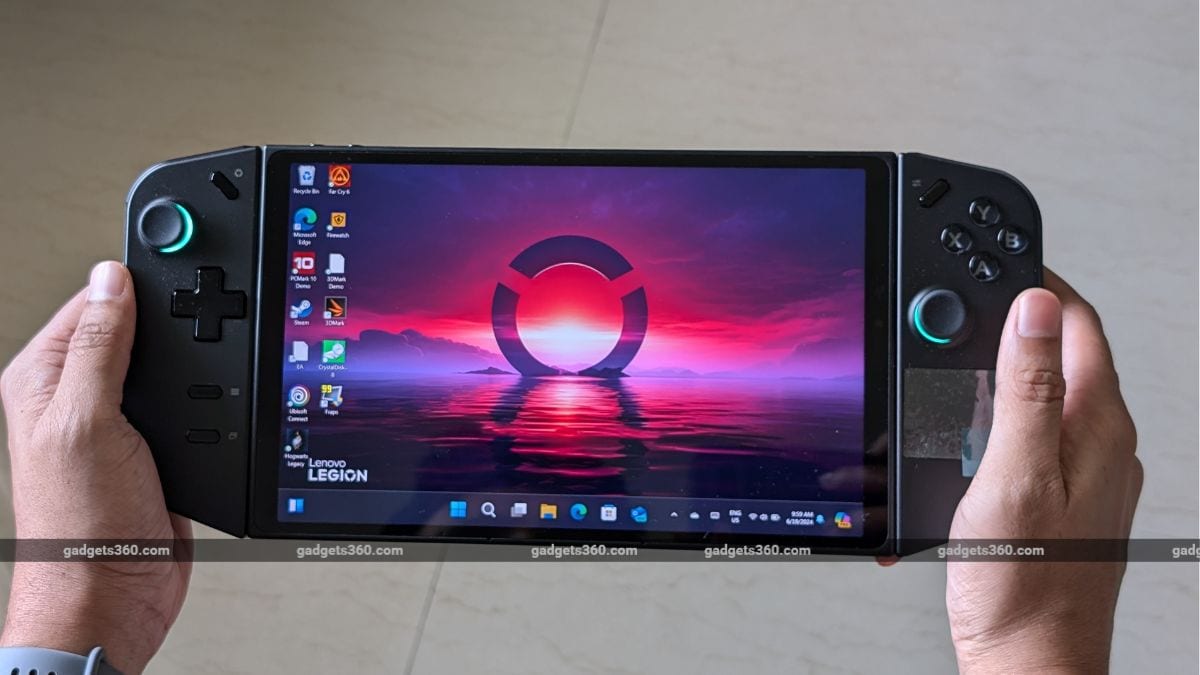
Talking about fingerprints, the soft matte finish of the Legion Go also attracts fingerprints and oil smudges. While cleaning the display is easy, getting rid of all the smudges on the body is a task.
Lenovo Legion Go Review: Controllers
As I mentioned in the beginning, Lenovo has tried to cram a lot of controls on the Legion Go. It can be a bit too much at times, but it's also nice to have in some rare cases. You get hall-effect joysticks on the controllers, which is great for gaming. Both the controllers are also detachable, which is something I found very useful when playing for more than half an hour. A push of a button and a slide-down action lets you detach the controllers, but it's harder than it sounds.
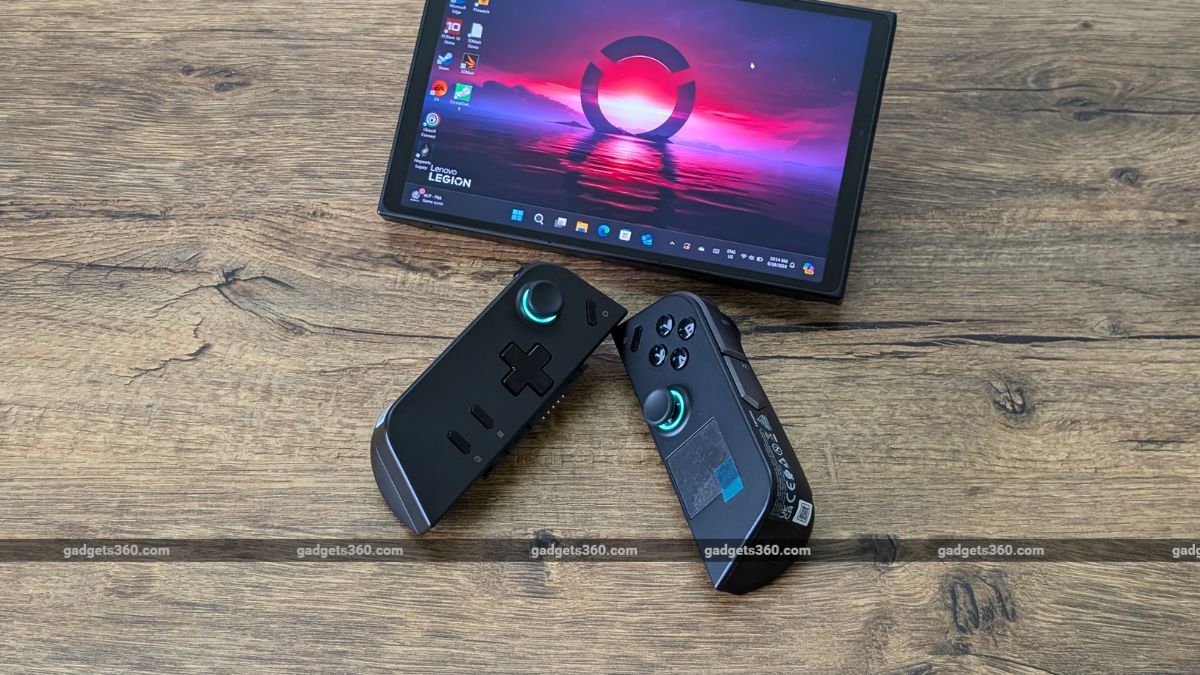
The left controller has the Legion Space key at the top right corner, the L/S joystick with click, a D-pad, and the Menu and View buttons at the bottom. I didn't find the bottom placement of the Menu and View buttons very useful, as they are difficult to reach in some games. Around the back and the top, you'll find more buttons, such as the trigger, LB, and Y1 and Y2, that you can assign to various actions.
The right controller has a Quick settings button at the top left corner, the R/S click joystick, A/B/X/Y keys, and a small trackpad that can double as a mouse. It also has the right trigger at the top, M1 and M2 keys on the side, another button at the top, and a scroll wheel, M3 and Y1 keys at the back.
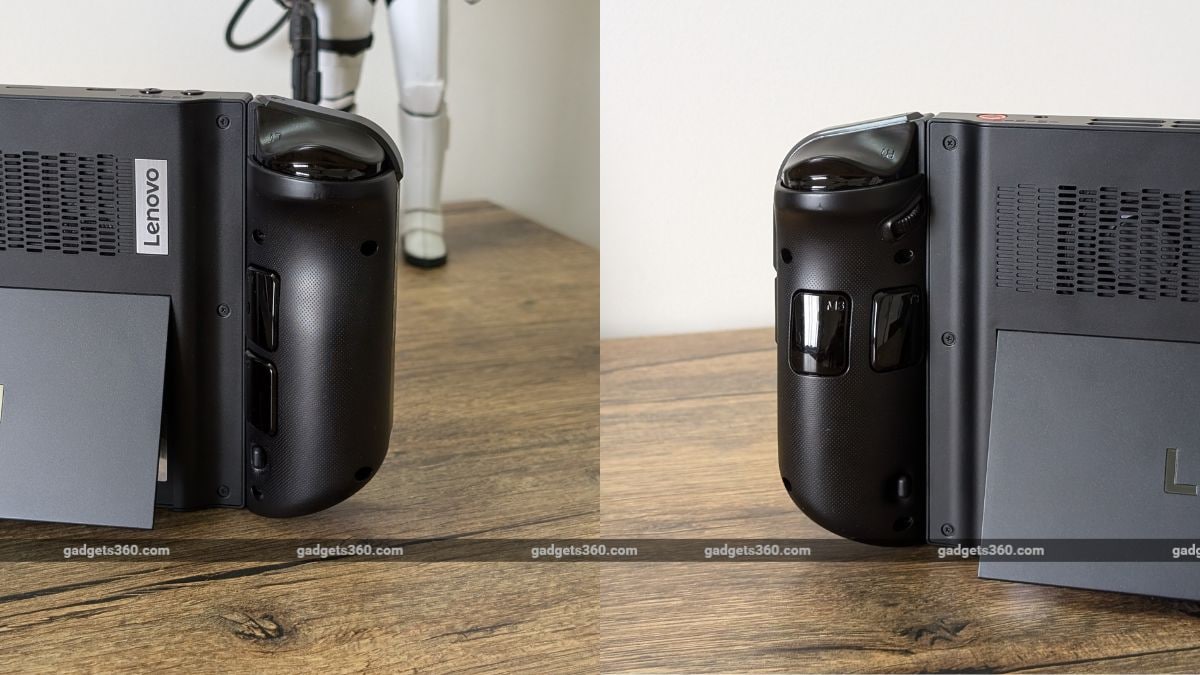
The right controller also has a cool little secret. You'll find a button at the bottom that says FPS mode. Toggling this will let you use the controller as a vertical mouse. All you have to do is detach the controller, mount it on the included controller base, toggle FPS mode, and start shooting the place up (in-game, obviously). However, I only used the controller in FPS mode once, as it's much easier to use as a regular controller.
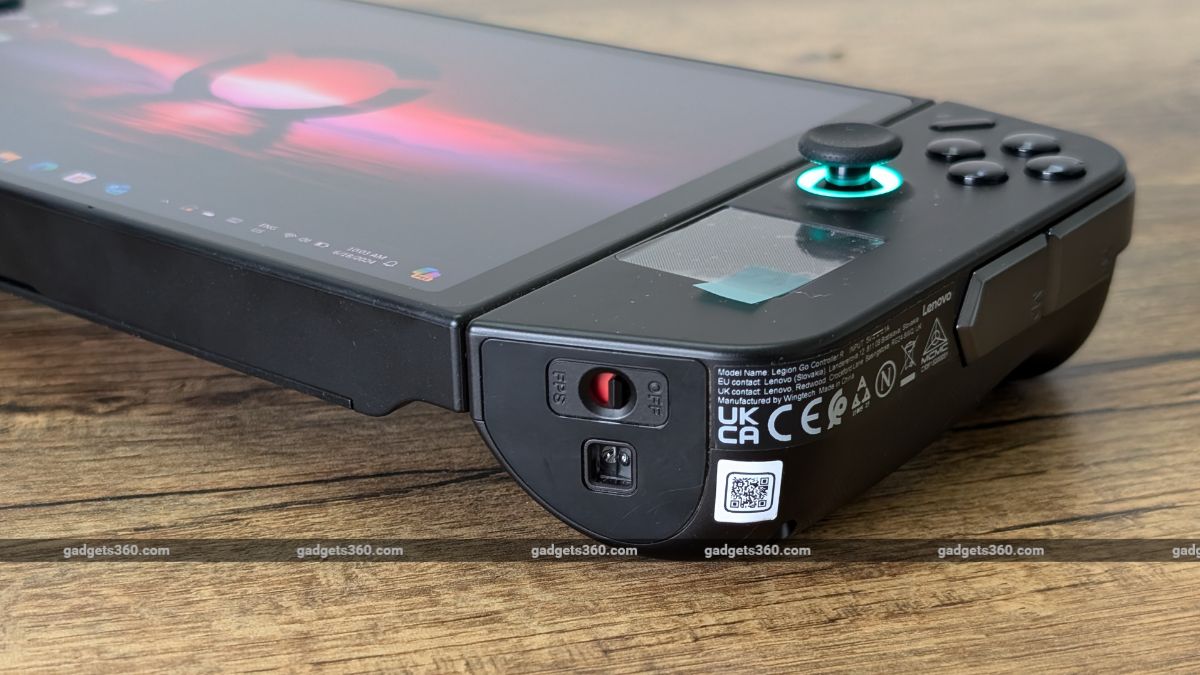
The controllers have a nice feel to them and offer a good grip. You do end up pressing some of the buttons accidentally when lifting up the Legion Go, but luckily, these buttons don't do anything outside of a game.
Lenovo Legion Go Review: Specifications and software
Specifications on the Legion Go are quite similar to those of the Asus ROG Ally. You get an AMD Ryzen Z1 Extreme CPU with AMD Radeon RDNA 3 graphics, 16GB LPDDR5x-7500 RAM, and up to 1TB M.2 2242 SSD storage. The RAM isn't upgradable, but you can install an M.2 2242 drive to add more storage. You also get Wi-Fi 6E and Bluetooth 5.1 for wireless connectivity.
The Legion Go houses a 49.2 Whr battery, with the controllers housing 900mAh batteries each.
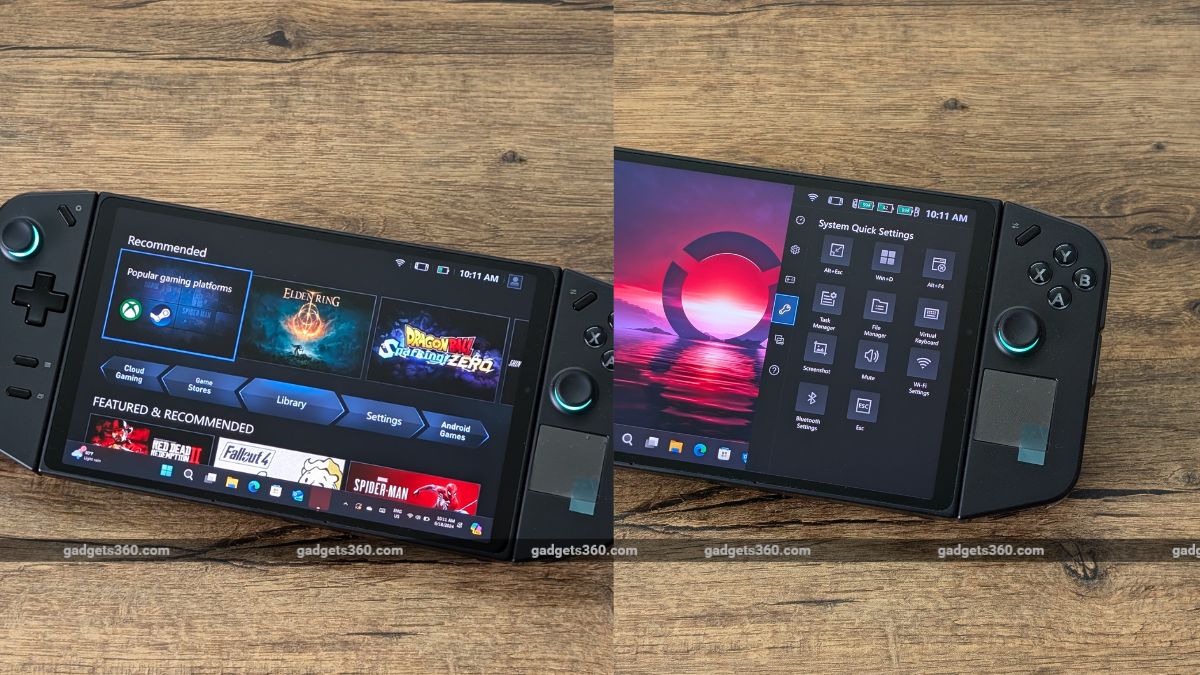
Moving on to software, the handheld runs Windows 11 Home out of the box. You also get the Legion Space software, which lets you change the performance modes, customise other device settings, and act as a central hub for all your games. You can also use the Quick settings button on the right controller to change resolution and power modes, change refresh rate, and adjust all kinds of system settings.
I'll be honest: Windows 11 isn't designed for handheld PCs. Microsoft needs to do something about it, or OEMs need to come up with their custom OS for handhelds. However, the 8.8-inch display on the Legion Go did make the Windows experience less frustrating.
Lenovo Legion Go Review: Performance
Now, let's look at how the Legion Go performs in games. While you can play AAA titles on the handheld, don't expect high frame rates and Ultra graphics. It still packs in a mobile chipset that can't offer that kind of performance. You get three power modes on the Legion Go, each offering a different TDP. In custom mode, you can get up to 30W TDP from the AMD Ryzen Z1 Extreme, and this is where you'll find the best frame rates in games. You also get a Quiet, Balanced, and Performance mode. I ran the device in performance mode while playing games, and it delivered 20W of TDP.
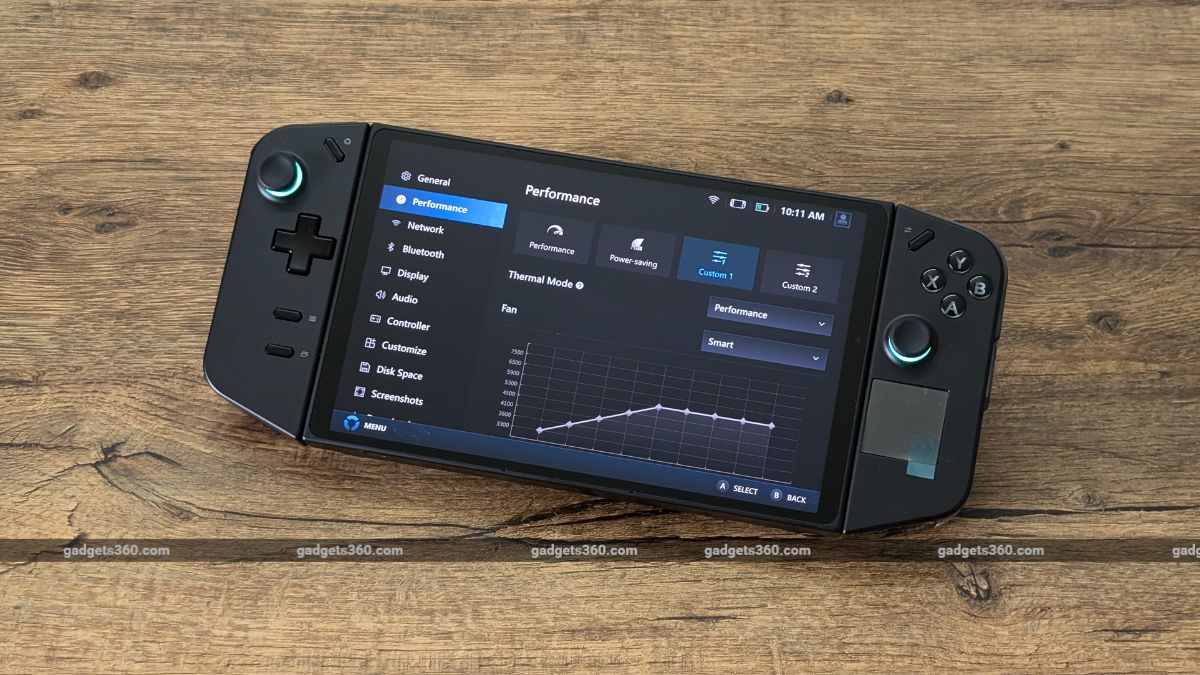
I ran a couple of benchmarks and played several games, such as Hogwarts Legacy, Far Cry 6, Snowrunner, and a couple of other indie titles. With games like Hogwarts Legacy and Far Cry 6, I had to lower the refresh rate and set the resolution to 1080p or lower to achieve smooth gameplay. I got around 50 to 55 fps in Hogwarts Legacy with low graphics and about the same in Far Cry 6 at high.
In benchmarks such as PCMark 10, the Legion Go scored 5,907 points, whereas, in 3DMark, the handheld managed a score of 3042 in the Time Spy benchmark test. Overall, the Lenovo console offers good gaming performance.
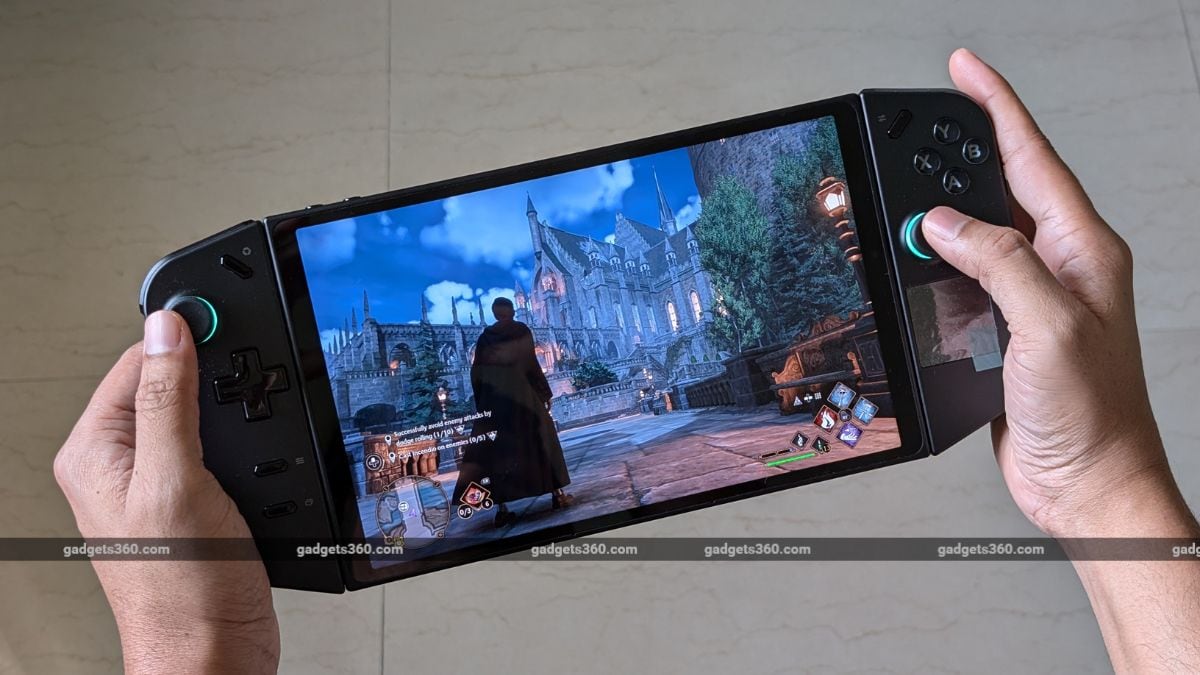
When it comes to cooling, the Legion Go does a good job of keeping the heat away from your hands. It gets a single fan setup, which gets loud enough to drown out the dual speakers as they're placed near the fan.
Lenovo Legion Go Review: Battery life
The battery life on the Legion Go is nothing great. If you're playing AAA titles, you can expect anywhere from 1 to 2 hours of continuous playback. Lighter games and indie titles will let you push the battery life to about 3 hours. The 49.2 Whr battery just isn't big enough for long hours of gaming. I also noticed that the drop from 20 percent to 5 percent is rather quick. The sleep function is non-existent. I was constantly woken up at night with the device randomly turning on with the fan spinning at full blast. But that's most likely a Windows problem, not Lenovo.
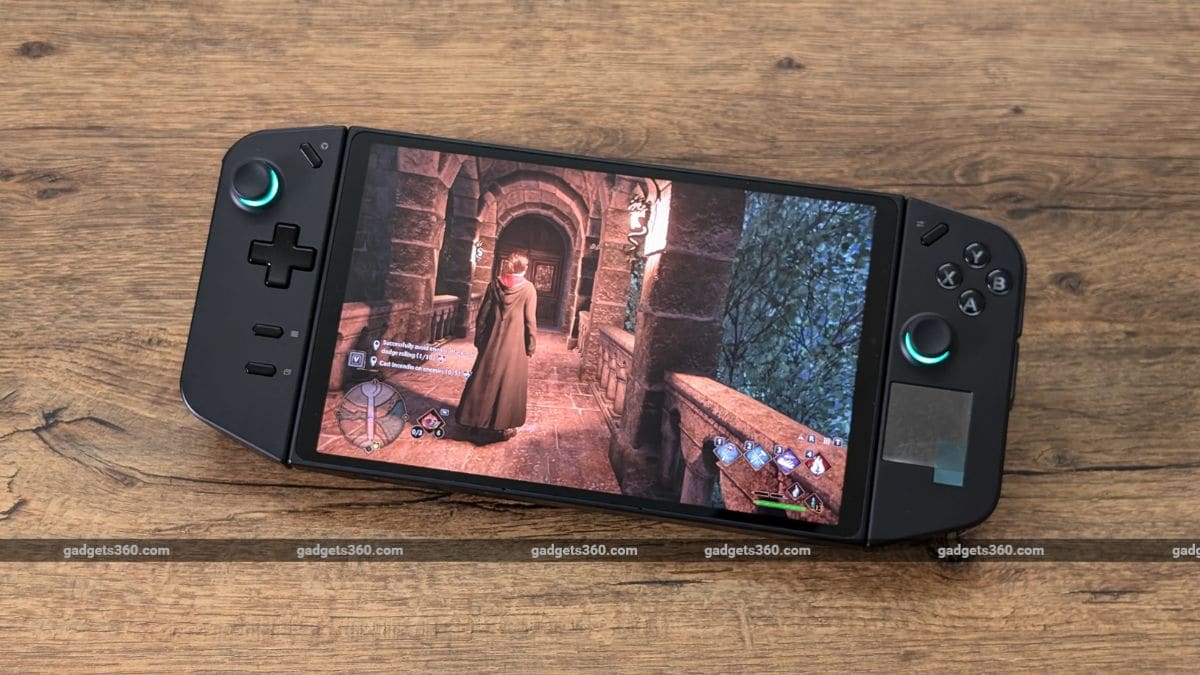
As for charging, it took me about one and a half hours to fully charge the Legion Go from zero, and a 10-minute charge gave the handheld about 25 percent battery, which isn't really enough to play games.
Lenovo Legion Go Review: Verdict
The Lenovo Legion Go's only two official competitors in the Indian market are the Asus ROG Ally and the MSI Claw. As we saw in our Asus ROG Ally review, the Legion Go performs similarly in both gaming and other scenarios. It's only slightly better when it comes to higher fps in games. We've not tried the MSI Claw, but I don't expect it to perform better than the Lenovo.
Lenovo's Legion Go shines thanks to its brilliant display and good performance despite offering too many buttons on its controllers. It's also very large, and even larger when you place it inside its case. You'd need a whole backpack to carry the thing around. You can instead use that backpack to carry a decent-spec gaming laptop, which should be easily available at Rs. 89,990.
The Legion Go is great if you want a handheld Windows PC that is mostly used at home. If it were me, I'd wait for the next iteration. If you've got the money, go for it, as it's a fun gadget. Is it the best handheld console? No. But it certainly is the best Windows handheld currently available , as there's not a lot of competition at the moment.
Pros:
- Excellent display
- Good performance
- Detachable controllers
- Good build quality
- Can play a lot of PC games
Cons:
- Bulky
- Average battery life
- Windows 11 OS
Ratings (Out of 10)
- Design: 8
- Display: 9
- Software: 7
- Performance: 9
- Battery life: 6
- Value for money: 7
- Overall: 8

